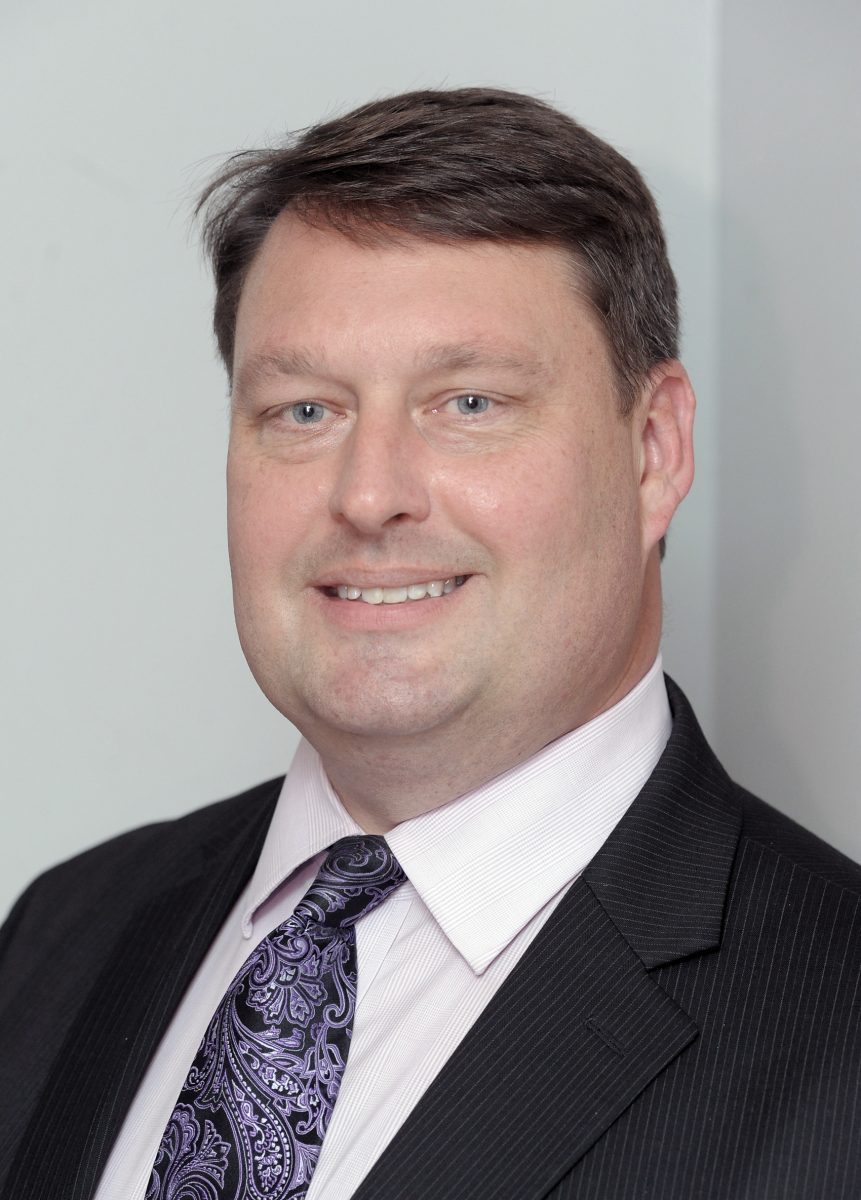WESTFIELD – The City Council declined to vote on several agenda items relative to setting a new tax rate Thursday night, instead voting to send those matters to its Finance Committee.
The chairman of that committee, Ward 1 Councilor Christopher Keefe, vowed to keep those matters tied up in his committee, preventing the setting of a new tax rate, until Mayor Daniel M. Knapik explains his rationale for seeking a tax increase when the city has nearly $13 million in reserve funding.
The Council conducted a public hearing on the tax shift which spanned nearly half of the council’s five-hour-plus meeting. The shift is a key element in setting a new tax rate for the current fiscal year, and really the only part of the tax rate formula approved by the City Council.
The city has a bifurcated tax levy under which residents are assessed property taxes at one rate and businesses at a higher rate for commercial, industry and personal property.
Residents were generally united in asking the council not to raise taxes for either classification and to use some of the funds held in the city’s free cash account ($6,241,170) and stabilization account ($6,217,074) to avoid any tax increase at all.
Residents said the city needs to spend less, not tax more and that the City Council members have to cut more when setting the annual budgets in June, its only opportunity to cut significant levels of funding.
Attorney Calvin Annino said the city needs “to cut the (tax) rate for all of us. Get spending under control and come up with a tax rate that makes sense. It’s time to put tax relief for everyone at the top of the (City’s priority) list.”
The Council did cut $3.2 million from the budget last June, from the city’s health insurance account, knowing that at some point of the current budget year Mayor Daniel M. Knapik would request it to restore those funds.
Knapik submitted two agenda items, requesting immediate action on both, under communication from the mayor. One requested the City Council to approve an appropriation of $1,257,967 from free cash to reduce the fiscal year 2015 tax levy.
Immediate consideration votes can be blocked by one council member. In this case Ward 5 Councilor Robert Paul Sr., exercised that opposition, stating that he would not vote on any tax rate issue until Knapik provides more information about the tax levy
The second appropriation of $1,600,000 would also be added to the tax levy and appropriated to the health insurance account. At-large Councilor David A. Flaherty admitted that the council cut health insurance funding knowing full well that it would have to be restored later in the year.
Flaherty said there is no urgency to approve that appropriation at this time and that it can be done later after the council approves a tax shift and the tax levy is set.
Keefe was angry with the lack of communication between the council and Knapik.
“I am not pleased with the levy or the shift,” Keefe said. “We have two levy numbers before us, 1.25 percent from the auditor and 1.78 percent from the mayor. We don’t know what the levy is, so we have no idea of the tax rate.
“This will stay in my committee. This will be resolved before this goes anywhere. “We’ve had zero input on the numbers,” Keefe said. “I can’t vote to increase taxes when we’re floating with money.”
City Collector Michael McMahon said that waiting until the next scheduled City Council meeting set for Dec. 18 could delay sending out tax bills to city property owners, which could in turn force the city into a position of short–term borrowing until the next tax billing cycle in April. McMahon said that short-term borrowing will cost the city $135,000 in interest.
McMahon said that if the City Council holds a special meeting next Thursday, Dec. 11, and approves a shift factor, the tax bills could be mailed on time later this month.


